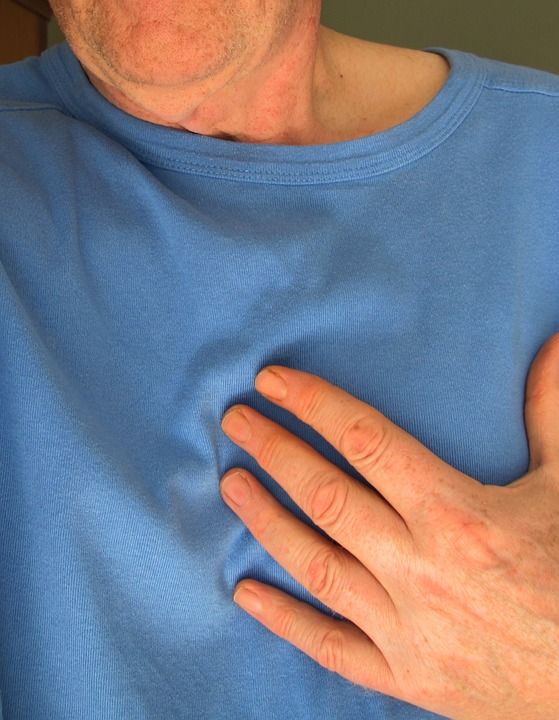
The news of Sridevi Kapoor’s death shocked everybody on Sunday, 25th February, with social media filled with condolence for her family. It was heartbreaking to hear about the 54-year-old’s sudden demise because of cardiac arrest. The cause was quite unacceptable, as she was fit and didn’t have any heart history. Her uncertain demise has highlighted the recent rise of death caused by heart diseases. So Team AAW tells you everything you should know about cardiac arrest
Cardiac Arrest:
SCA is caused by an abrupt loss of heart function brought on by a rapid an/or chaotic activity known as ventricular tachycardia or ventricular fibrillation. This condition is very different from a heart attack, as it leads to the immediate loss of heart function, breathing and consciousness. Sudden cardiac arrests are more dangerous than a heart attack. But some heart attacks sometimes lead to an electrical disturbance that causes cardiac arrests.
Causes of Cardiac Arrest:
- Drug Overdose
- Losing a large amount of blood
- Heart Valve Disease
- Inflammation of heart muscle
- Coronary artery disease
- Physical stress

-
Risk factors
Because sudden cardiac arrest is so often linked with coronary artery disease, the same factors that put you at risk of coronary artery disease may also put you at risk of sudden cardiac arrest.
- A family history of coronary artery disease
- Smoking
- High blood pressure
- High blood cholesterol
- Obesity
- Diabetes
- A sedentary lifestyle
- Drinking too much alcohol
Symptoms:
It strikes without warning but sometimes it include fatigue, fainting, blackouts, dizziness, chest pain, shortness of breath, weakness, palpitations or vomiting. But sudden cardiac arrest often occurs with no warning.
How to help out when one suffers cardiac arrest:
There is no time to lose when one suffers through it. When the heart stops, the lack of oxygenated blood can cause brain damage in only a few minutes. Death or permanent brain damage can occur within four to six minutes. Time is critical when you’re helping an unconscious person who isn’t breathing so take immediate action. Even if you are not trained your actions might help the person as you need to perform Cardiopulmonary Resuscitation (CPR) at the moment. It is given to keep the blood circulation going until the ambulance arrives with rescue breaths. In this, you need to push the chest fast and hard till you get medical help.














